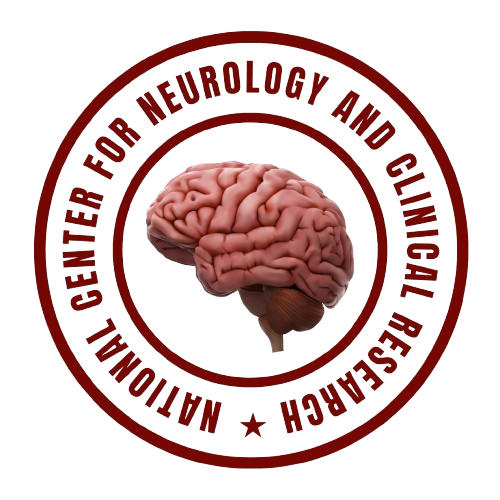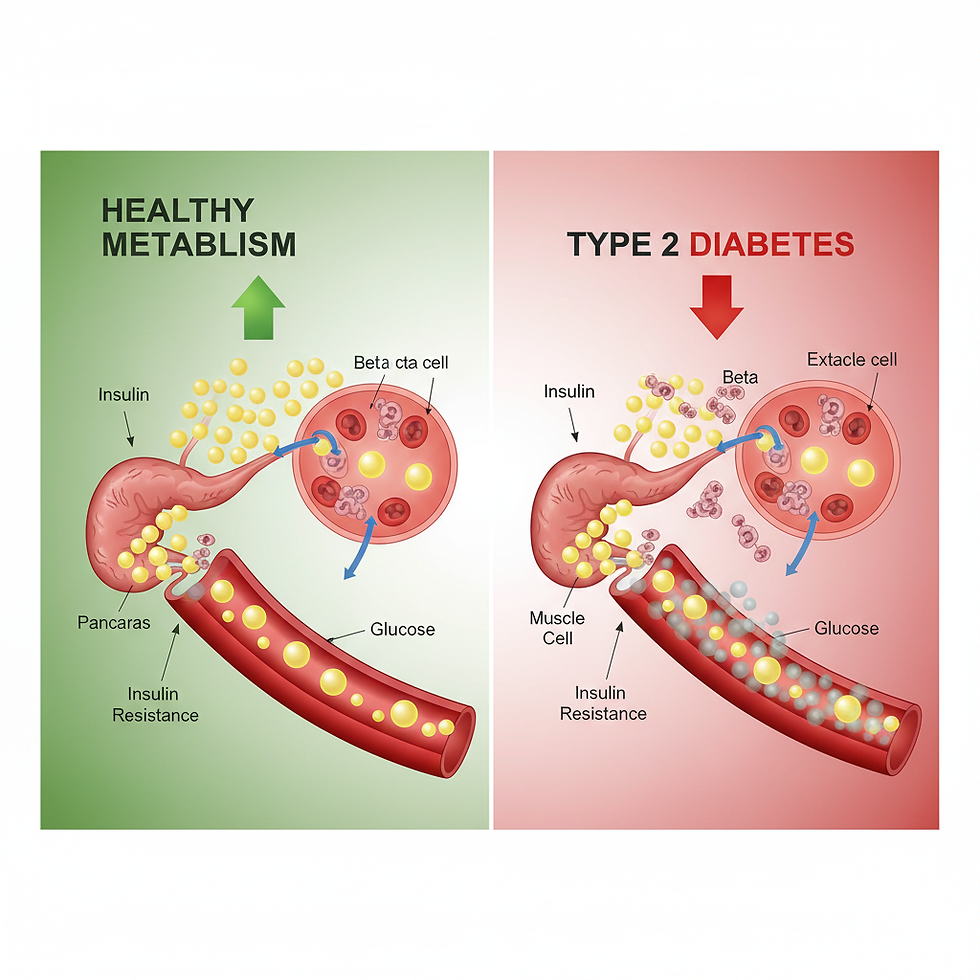Diabetes Mellitus Type 2
- NCNCR

- 6 days ago
- 2 min read

The title "Dibites Miletus Type 2" appears to be a slight misspelling or variation of "Diabetes Mellitus Type 2," a widespread and critical global health concern. This chronic metabolic disorder is characterized by high blood sugar (glucose) levels, resulting from the body's ineffective use of insulin, a condition known as insulin resistance, or an inability of the pancreas to produce enough insulin to compensate.1 Once commonly referred to as adult-onset diabetes, Type 2 diabetes is now increasingly being diagnosed in younger individuals, mirroring the global rise in obesity and sedentary lifestyles.2
Understanding Type 2 diabetes is paramount, as it represents the vast majority of all diabetes cases worldwide.3 The mechanism behind the condition is complex, involving the interplay between genetic predisposition and environmental factors.4 Initially, the body's cells become resistant to the effects of insulin, forcing the pancreas to overwork and produce more of the hormone.5 Over time, the insulin-producing cells become exhausted, leading to a relative deficiency and the persistent elevation of blood glucose.6 This sustained hyperglycemia is the root cause of the long-term, devastating complications associated with the disease.7
The insidious nature of Type 2 diabetes often means that symptoms develop slowly and can go unnoticed for years.8 When they do appear, they may include increased thirst, frequent urination, fatigue, and unexplained weight loss.9 If left undiagnosed or poorly managed, the constant high blood sugar levels silently wreak havoc on vital organ systems, potentially leading to severe complications such as cardiovascular disease (heart attack and stroke), nerve damage (neuropathy), kidney failure, and vision loss.10
Given its massive impact on public health and individual well-being, the management and prevention of Type 2 diabetes have become major focuses for the medical community. Treatment strategies revolve around a multi-faceted approach, emphasizing significant lifestyle modifications—including dietary changes and regular physical activity—often supplemented by oral medications or insulin therapy to restore glucose control.11 Ultimately, confronting the challenge of Type 2 diabetes requires not just medical intervention but a global commitment to education, awareness, and the promotion of healthier living environments.
.png)


Comments